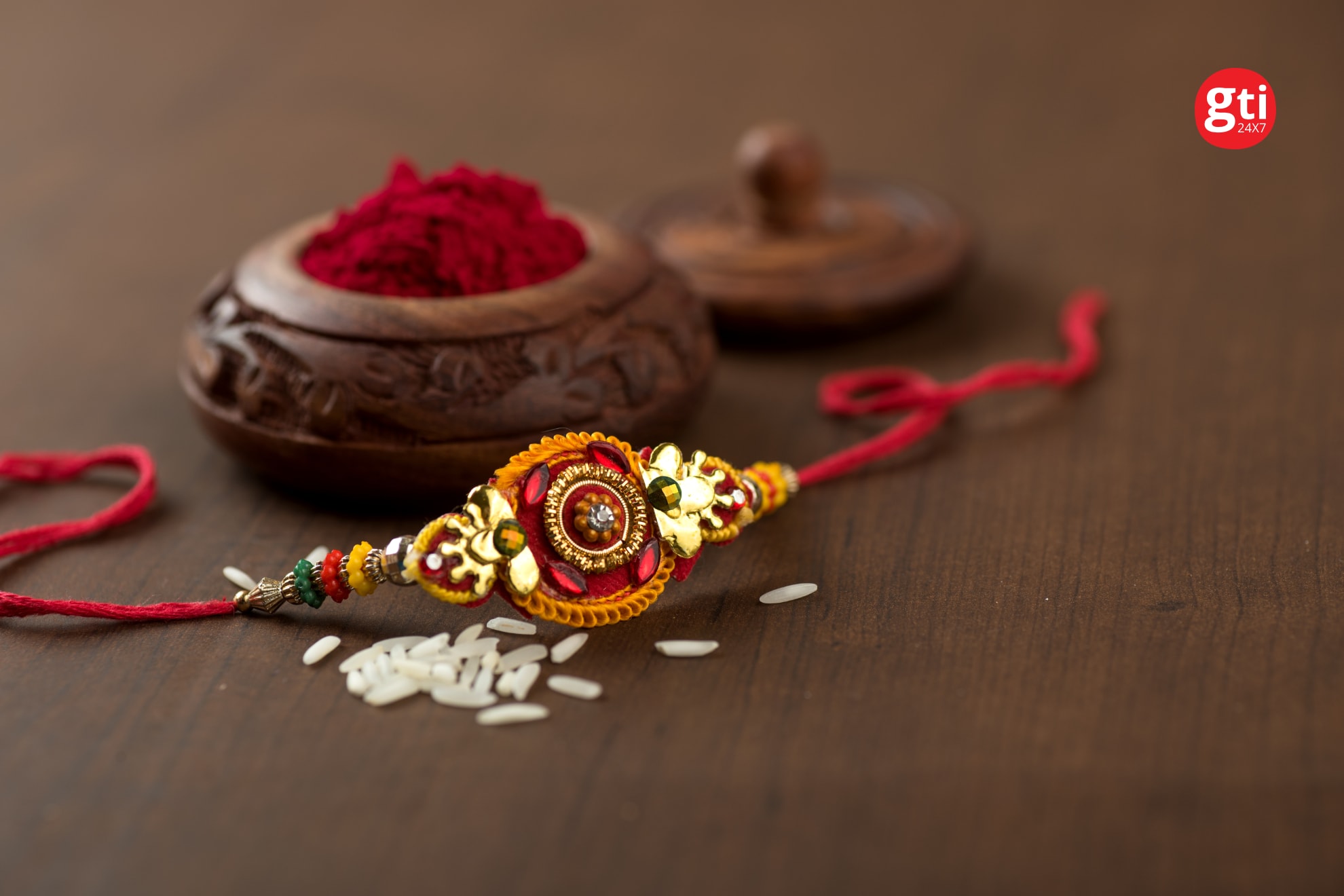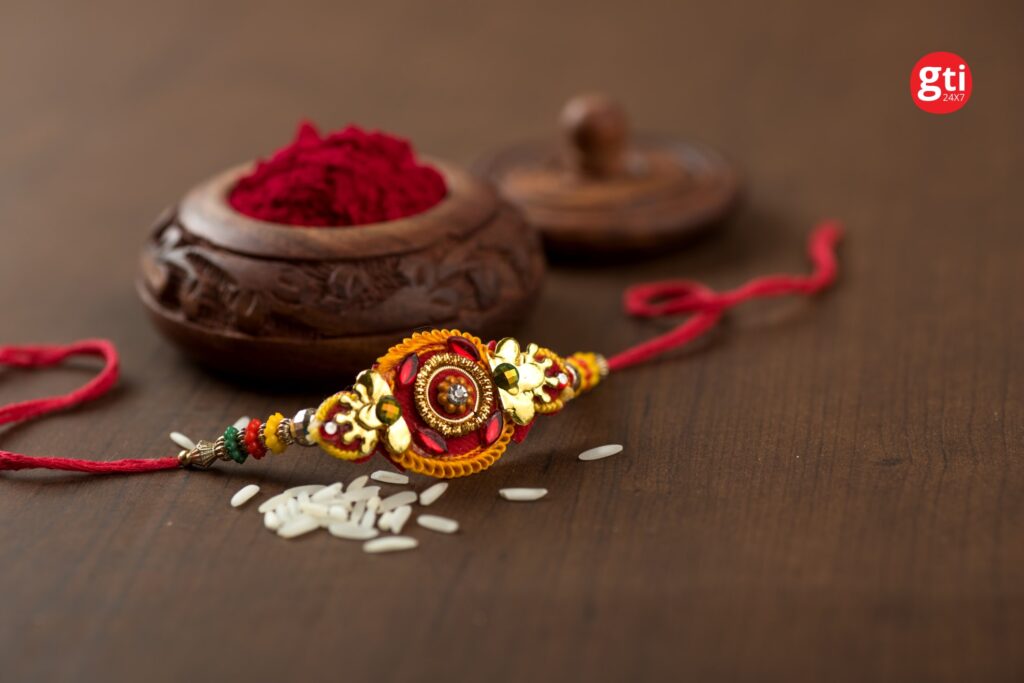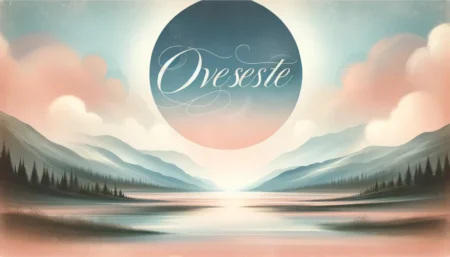
Introduction
Raksha Bandhan, commonly known as Rakhi, is one of the most cherished and significant festivals in India. Celebrated with utmost joy and enthusiasm, Rakhi holds a special place in the hearts of millions of Indians, both within the country and abroad. This auspicious occasion symbolizes the unbreakable bond of love, care, and protection between brothers and sisters. In this comprehensive article, we will delve into the rich history, rituals, customs, and deep-rooted cultural significance of Rakhi in India.
1. The Origin and Historical Background of Rakhi
Rakhi, derived from the Sanskrit word “Raksha Bandhan,” translates to “the bond of protection.” Its roots can be traced back to ancient Indian mythology and historical legends. One such tale is the story of Lord Krishna and Draupadi. During the epic Mahabharata, when Draupadi tied a sacred thread (Rakhi) on Lord Krishna’s wrist, he vowed to protect her from any harm. This incident showcases the essence of Rakhi, emphasizing the protective aspect of the bond.
2. The Rituals and Traditions of Raksha Bandhan
Rakhi is a festival filled with colorful rituals that add charm to the celebration. The preparations usually begin days before the actual day:
2.1. Shopping for Rakhi and Gifts
Markets are adorned with vibrant Rakhis and various gift options to choose from. Sisters often spend time selecting the perfect Rakhi that reflects their affection for their brothers. On the other hand, brothers eagerly search for thoughtful gifts to surprise their sisters.
2.2. Rakhi Thali Preparation
On the day of Rakhi, sisters prepare a decorative tray known as the “Rakhi Thali.” This Thali contains a Rakhi, Kumkum (vermilion), rice grains, sweets, and a diya (earthen lamp). The Thali serves as an essential element during the Rakhi ceremony.
2.3. Rakhi Ceremony
The Rakhi ceremony is a heartwarming exchange of love and promises. Sisters tie the sacred thread on their brothers’ wrists while performing an aarti (ritual of waving a diya around them) and applying a tilak (vermilion mark) on their foreheads. In return, brothers pledge to protect their sisters and shower them with gifts.
3. The Emotional Significance of Raksha Bandhan
Rakhi transcends beyond just being a festival; it is a celebration of the unique bond shared by siblings. This emotional significance can be understood in various aspects:
3.1. Strengthening Family Bonds
Rakhi is not limited to blood relations. People also tie Rakhis to their close friends and cousins, symbolizing the extension of their family. This ritual strengthens the sense of unity and love among individuals.
3.2. Fostering Sibling Love and Care
Rakhi celebrates the beautiful relationship between brothers and sisters, nurturing love, care, and respect for each other. It serves as a reminder of the unconditional support siblings offer during both joyous and challenging times.
3.3. Honoring Sacrifices and Protection
The festival of Rakhi also pays tribute to the sacrifices made by brothers and the sense of protection they provide to their sisters. It is a heartfelt acknowledgment of the role they play in their sisters’ lives.
4. Rakhi in Modern Times: Connecting Distances
In today’s fast-paced world, people often find themselves away from their families due to work or studies. However, the significance of Rakhi remains unchanged, and technology has played a pivotal role in maintaining the essence of this festival:
4.1. Send Rakhi to India – Bridging the Gap
With the advent of e-commerce and online gifting platforms, distance is no longer a barrier. Sisters from all over the world can easily send Rakhi to India, making their presence felt even if they cannot be physically present on this auspicious day.
4.2. Gifts to India – Expressing Love and Affection
In addition to Rakhis, sisters can now send gifts to India effortlessly. These thoughtful gestures add an extra layer of joy to the celebration, making the bond even more special.
5. Rakhi and Cultural Diversity in India
India’s diversity is beautifully reflected in the various regional customs and traditions associated with Raksha Bandhan:
5.1. Rakhi Purnima in the North
In Northern India, Rakhi Purnima is celebrated with great zeal. The day coincides with the full moon and holds significant religious importance.
5.2. Avani Avittam in the South
In Southern India, the festival is known as Avani Avittam, where men change their sacred threads (Janeyu) after performing rituals and seek blessings from elders.
5.3. Kajari Purnima in the West
In Western India, especially in states like Rajasthan and Gujarat, Rakhi is celebrated as Kajari Purnima, where farmers pray for good rainfall for their crops.
6. Rakhi: A Symbol of National Unity
Rakhi transcends religious and cultural boundaries, making it a unifying festival for the nation. It promotes harmony and mutual respect among people of diverse backgrounds.
Conclusion
Rakhi, the festival of love and protection, is a symbol of India’s rich cultural heritage and the unbreakable bond between siblings. It holds deep-rooted emotional significance and continues to thrive in modern times, connecting families across borders. The celebration of Rakhi not only strengthens family ties but also fosters a sense of unity and oneness among all Indians. So, whether you are near or far, don’t miss the chance to send Rakhi to India and express your love and affection to your dear ones on this special occasion. Happy Raksha Bandhan!







